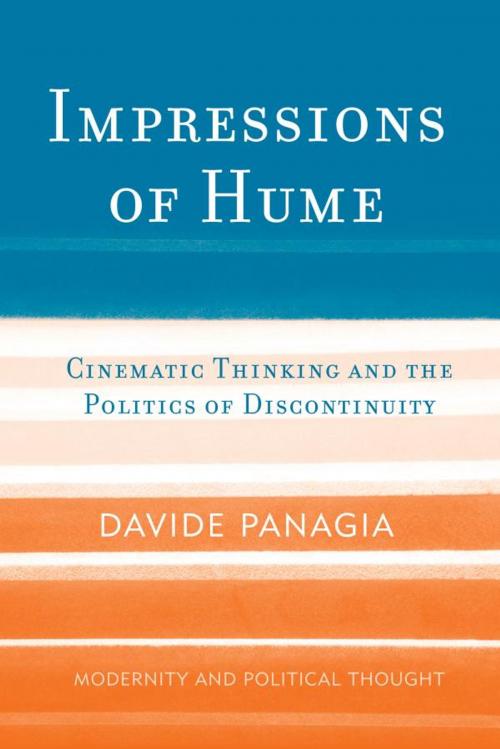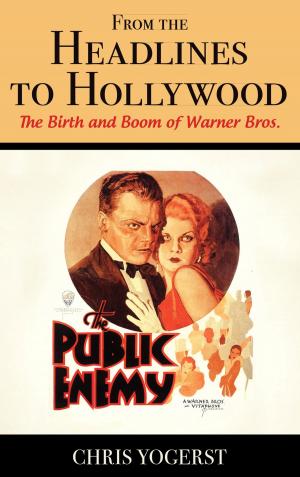Impressions of Hume
Cinematic Thinking and the Politics of Discontinuity
Nonfiction, Religion & Spirituality, Philosophy, Political| Author: | Davide Panagia | ISBN: | 9781442222106 |
| Publisher: | Rowman & Littlefield Publishers | Publication: | August 22, 2013 |
| Imprint: | Rowman & Littlefield Publishers | Language: | English |
| Author: | Davide Panagia |
| ISBN: | 9781442222106 |
| Publisher: | Rowman & Littlefield Publishers |
| Publication: | August 22, 2013 |
| Imprint: | Rowman & Littlefield Publishers |
| Language: | English |
Davide Panagia’s Impressions of Hume: Cinematic Thinking and the Politics of Discontinuity is volume fifteen of Modernity and Political Thought, the Rowman & Littlefield series in contemporary political theory. Through close attention to Hume’s theories of sensation, Davide Panagia conceptualizes the modern even more radically (though also more literally) than many of the previous authors in this series. While devoting attention to how a historical thinker such as Hume is read and misread, used and abused in the modern intellectual world, Panagia also focuses on developing a theory of Humean perception and by so doing emphasizes the contemporaneity of Hume’s thought. In what at first seems to be an anachronistic as well as wildly curious claim about a philosopher of the eighteenth century, Panagia holds that Hume was a cinematic thinker.
Davide Panagia’s Impressions of Hume: Cinematic Thinking and the Politics of Discontinuity is volume fifteen of Modernity and Political Thought, the Rowman & Littlefield series in contemporary political theory. Through close attention to Hume’s theories of sensation, Davide Panagia conceptualizes the modern even more radically (though also more literally) than many of the previous authors in this series. While devoting attention to how a historical thinker such as Hume is read and misread, used and abused in the modern intellectual world, Panagia also focuses on developing a theory of Humean perception and by so doing emphasizes the contemporaneity of Hume’s thought. In what at first seems to be an anachronistic as well as wildly curious claim about a philosopher of the eighteenth century, Panagia holds that Hume was a cinematic thinker.















